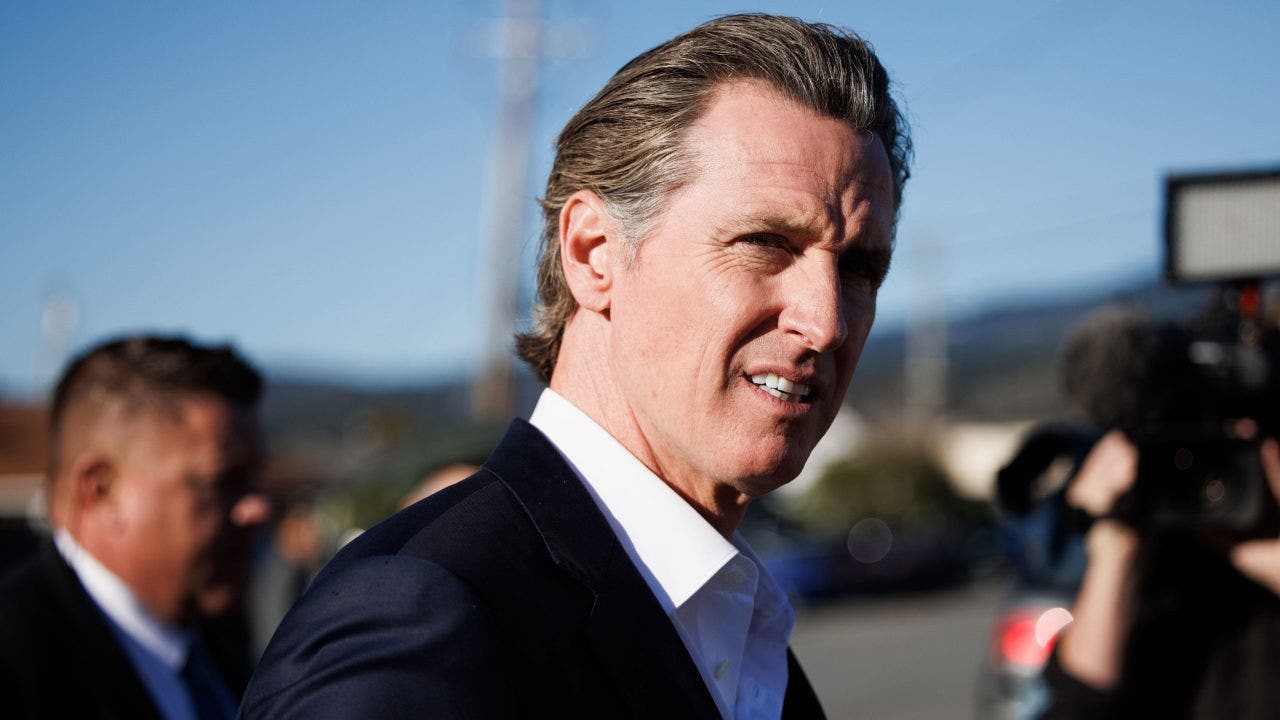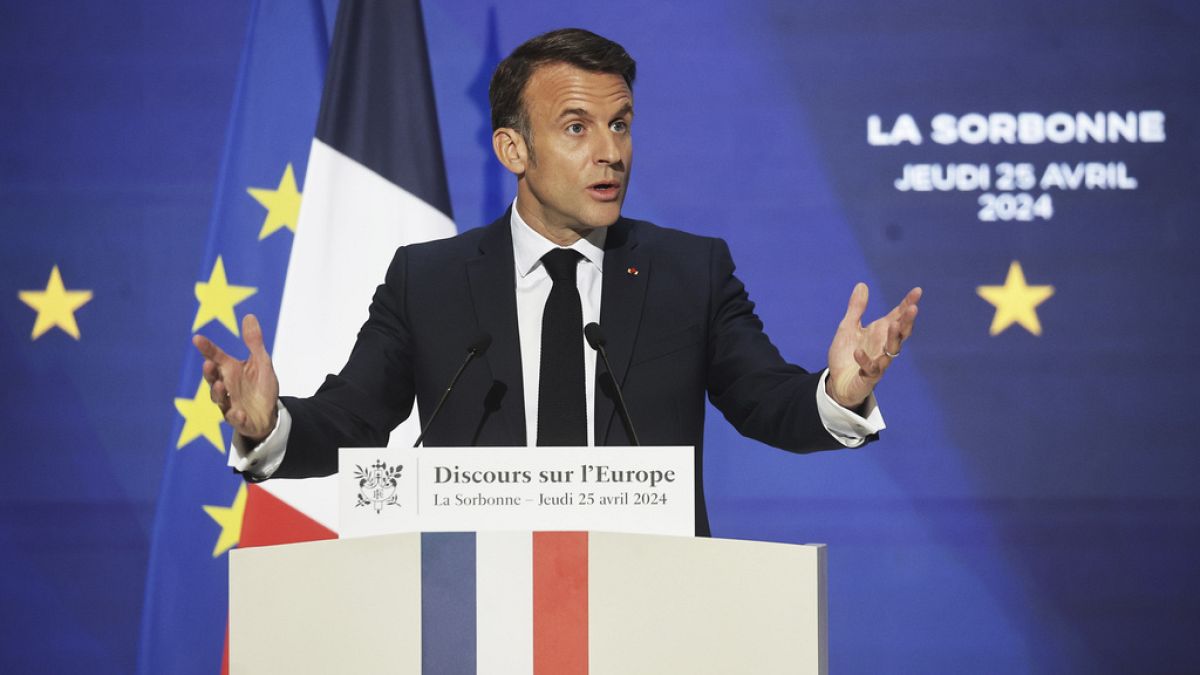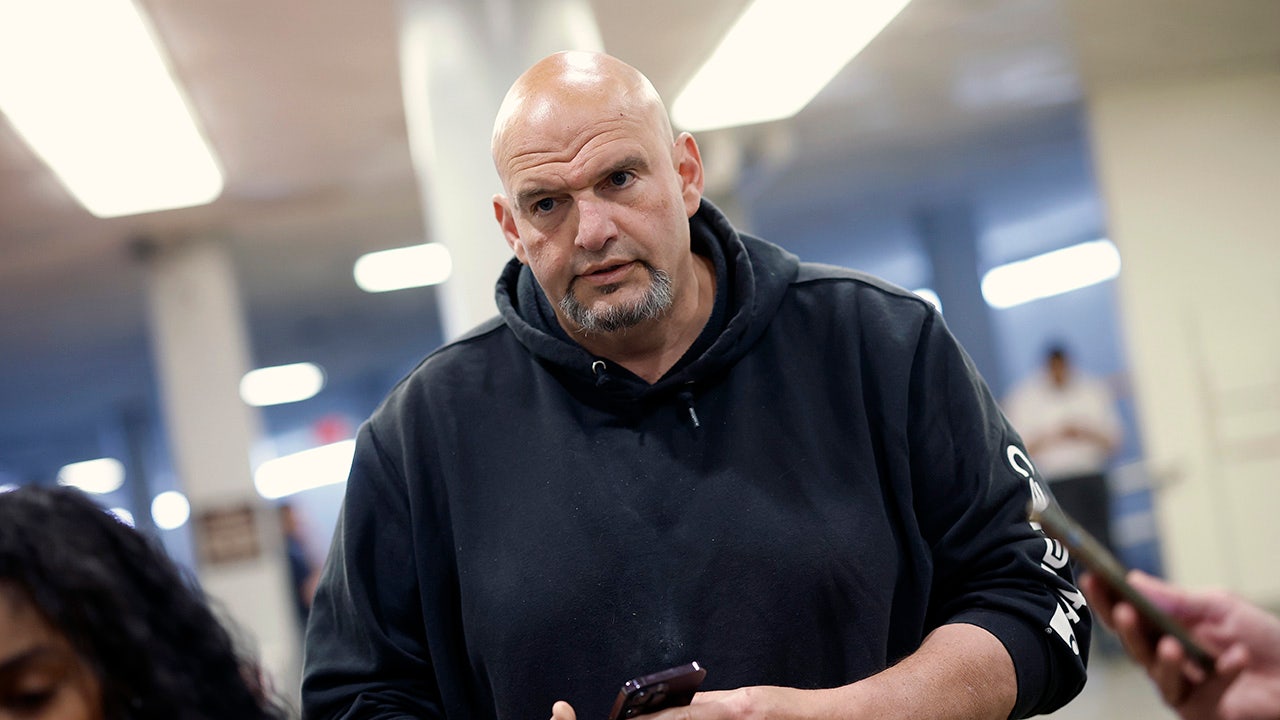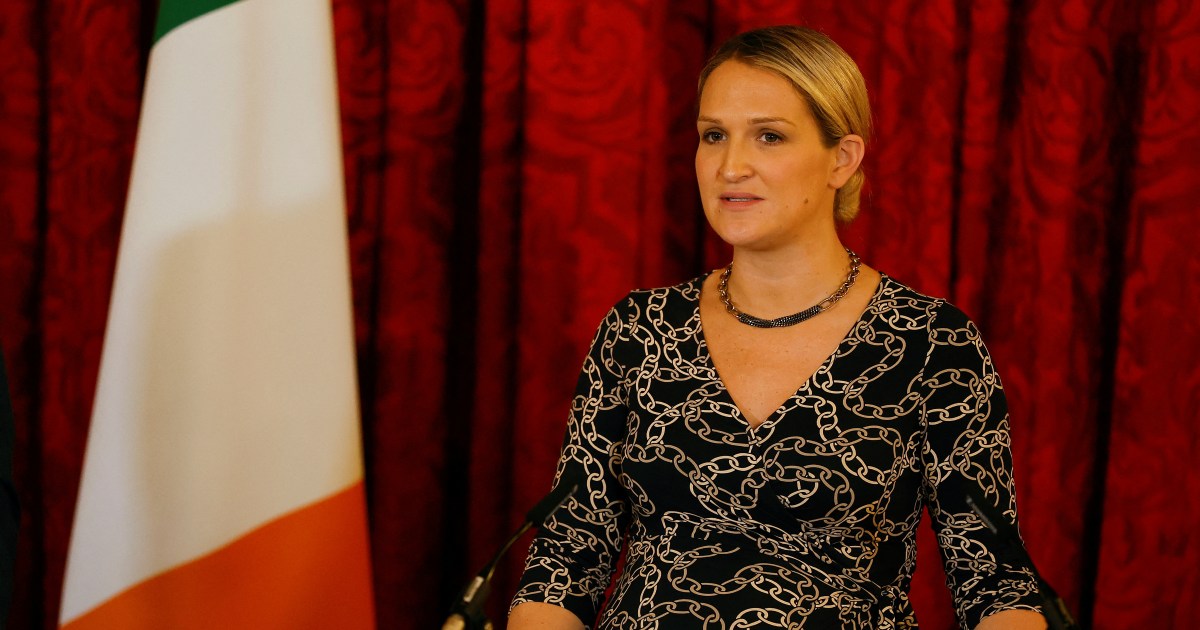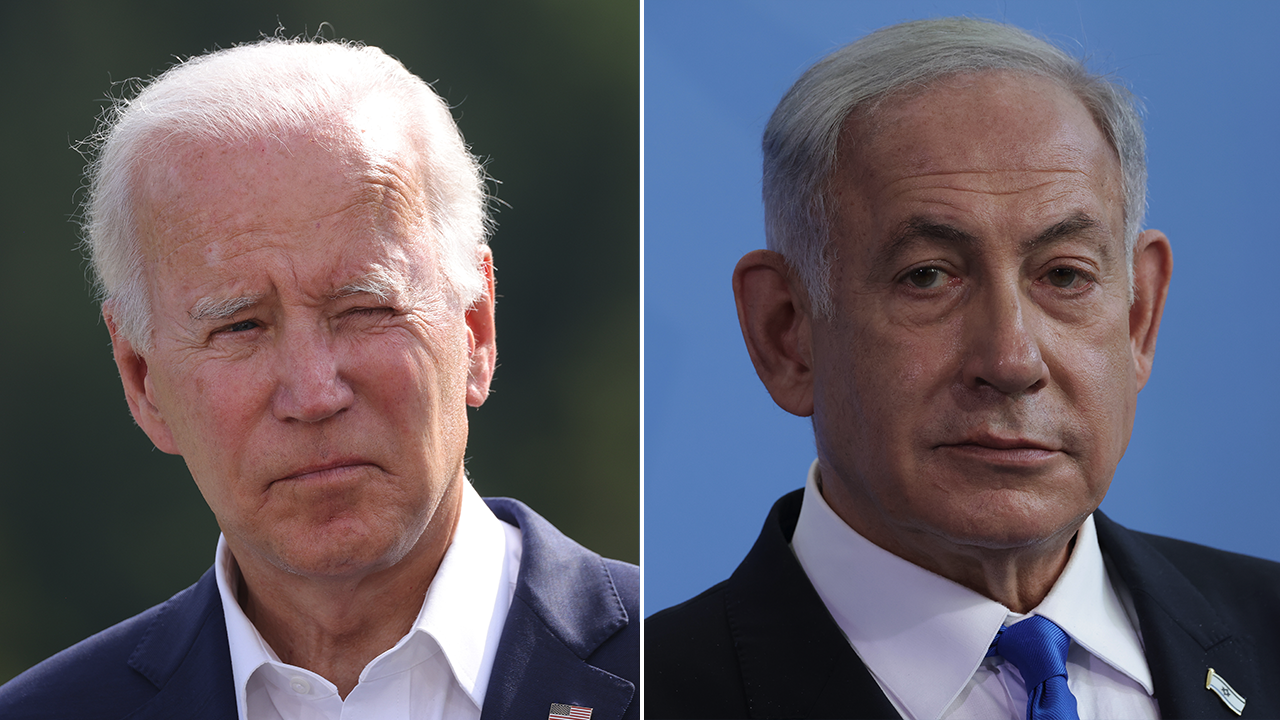The largest western banks that remain in Russia paid the Kremlin more than €800mn of taxes last year, a fourfold increase on prewar levels, despite promises to minimise their Russian exposure after the full-scale invasion of Ukraine.
The seven top European banks by assets in Russia — Raiffeisen Bank International, UniCredit, ING, Commerzbank, Deutsche Bank, Intesa Sanpaolo and OTP — reported a combined profit of more than €3bn in 2023.
Those profits were three times more than in 2021 and were partly generated by funds that the banks cannot withdraw from the country.
The jump in profitability resulted in the European banks paying about €800mn in tax, up from €200mn in 2021, an analysis by the Financial Times shows. It came in addition to profits at US lenders such as Citigroup and JPMorgan.
The taxes paid by European banks, equivalent to about 0.4 per cent of all Russia’s expected non-energy budget revenues for 2024, are an example of how foreign companies remaining in the country help the Kremlin maintain financial stability despite western sanctions.
The foreign lenders have benefited not just from higher interest rates but also from international sanctions on Russian banks. Such measures have deprived their rivals’ access to international payments systems and increased western banks’ own appeal to clients in the country.
More than half of the European banks’ €800mn tax payments correspond to Austria’s Raiffeisen Bank International, which has the largest presence in Russia of the foreign lenders.
RBI’s Russian profits more than tripled to €1.8bn between 2021 and 2023, accounting for half of the Austrian group’s total profit, compared with about a third before the war.
In addition to regular tax contributions in 2023, Raiffeisen paid €47mn as the result of a windfall levy the Kremlin imposed on some companies last year.
After President Vladimir Putin’s full-scale invasion of Ukraine in February 2022, RBI repeatedly voiced its plan to downsize and divest its operations in Russia. It has faced persistent criticism from the European Central Bank and the US Treasury department for not yet completing the withdrawal.
Although RBI has made some efforts to reduce its Russian exposure — such as a 56 per cent decrease in its loan book since early 2022 — some measures point to the contrary.
Recent job postings by RBI in Russia suggest ambitious plans for “multiple expansion of the active client base”, the FT has reported.
Deutsche Bank, Hungary’s OTP and Commerzbank had significantly reduced their presence in Russia, which was already small compared with RBI, their representatives said. Intesa is the closest to exiting but has yet to sell its Russian business. UniCredit declined to comment.
Despite closing its corporate and retail business, Citigroup, the US’s fourth-largest lender, which earned $149mn profit and paid $53mn in Russia in 2023, became the fourth-biggest taxpayer among western banks in Russia, according to the Kyiv School of Economics’ calculations based on Russian Central Bank data.
Another American giant, JPMorgan, earned $35mn and paid $6.8mn in taxes, according to the research institution.
JPMorgan, once the main contractor of Russian banks for opening correspondent accounts in US dollars, has been trying to leave since 2022. The bank is now stuck and facing a multimillion-dollar lawsuit from its former partner in Russia, VTB.
The US banks’ figures are not included in the €800mn total as they do not report comparable Russian results on the group accounts used for the FT calculations.
Western lenders have benefited from the imposition of sanctions on most of the Russian financial sector, which has denied access to the Swift international interbank payment system. That made international banks a financial lifeline between Moscow and the west.
Such factors contributed to RBI’s net fee and commission income in Russia increasing threefold from €420mn in 2021 to €1.2bn in 2023.
“It is not only in RBI’s interest to stay in Russia. The [Russian central bank] will do everything it can to not let them go because there are few non-sanctioned banks through which Russia can receive and send Swift payments,” a senior Russian banking executive said.
The central bank did not immediately respond to a request for comment.
According to the executive, Russian and foreign counterparties now often settle cross-border payments in roubles, but the Russian currency also goes through accounts at RBI and similar banks “to reduce sanctions risk” and “speed up the process”.
The international banks’ combined revenue, profit and tax figures have fallen since 2022 but remain much higher than prewar results.
The banks have also benefited from interest rate rises with the Russian central bank’s key rate now at 16 per cent, almost two times higher than before the war.
The rate increases have helped the lenders earn bumper revenues from their floating-rate loans and accumulate extra income from funds trapped in Russian deposit accounts.
The banks cannot access cash earned in Russia due to regulatory restrictions imposed in 2022 that prohibited dividend payouts from Russian subsidiaries to businesses from “unfriendly” western countries.
“We can’t do anything with Russian deposits apart from keeping them with the central bank. So as interest rates went up, so did our profits,” a senior executive at a European bank with a Russian subsidiary said.
About 20 per cent of the tax payments to the Russian budget in 2023 made by OTP consisted of taxes on dividends, the bank said. Much of its funds remain stuck in deposit accounts in Russia, it added.
Locked-up cash presents a significant obstacle to exiting Russia. Since early 2022 the banks have also required personal authorisation by President Vladimir Putin for the sale of their Russian operations.
Only seven western banks — out of 45 included in the list of those in need of presidential approval to exit — have received such an authorisation, including Mercedes-Benz Bank and Intesa.



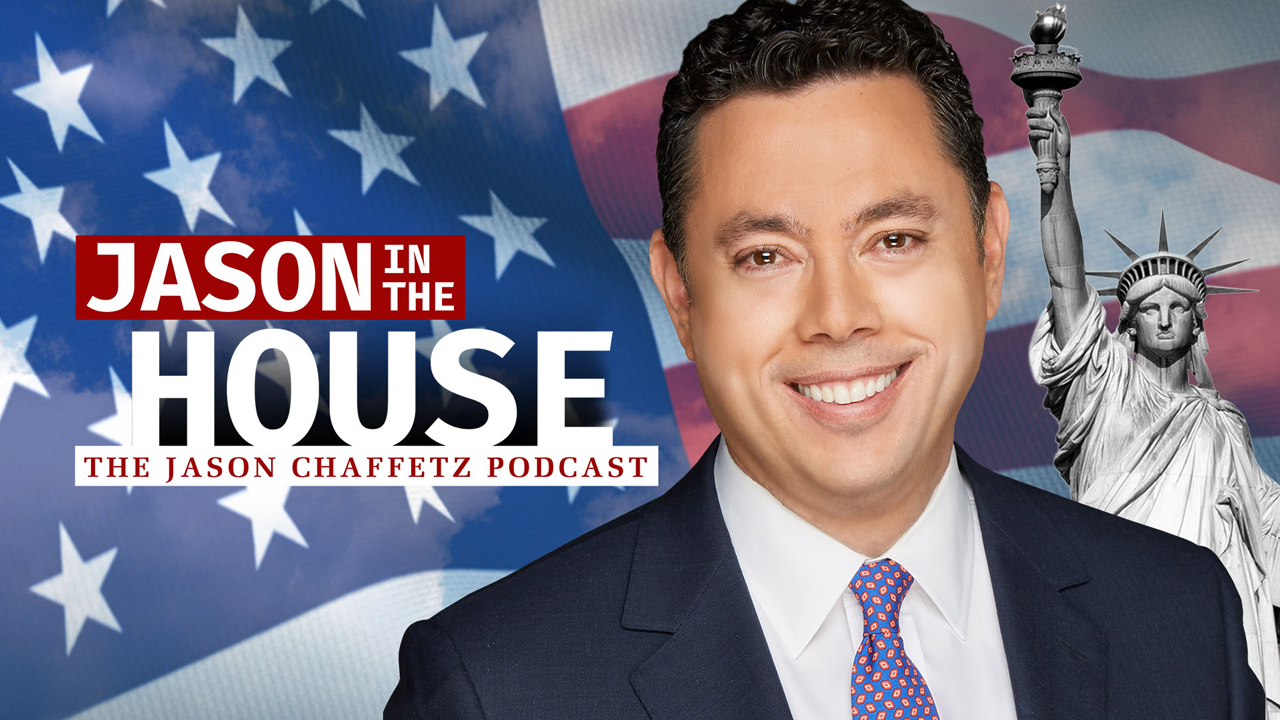



:quality(70)/cloudfront-us-east-1.images.arcpublishing.com/adn/LCCPJNUKDFGM3PV4BQBVOMTXTM.jpg)











